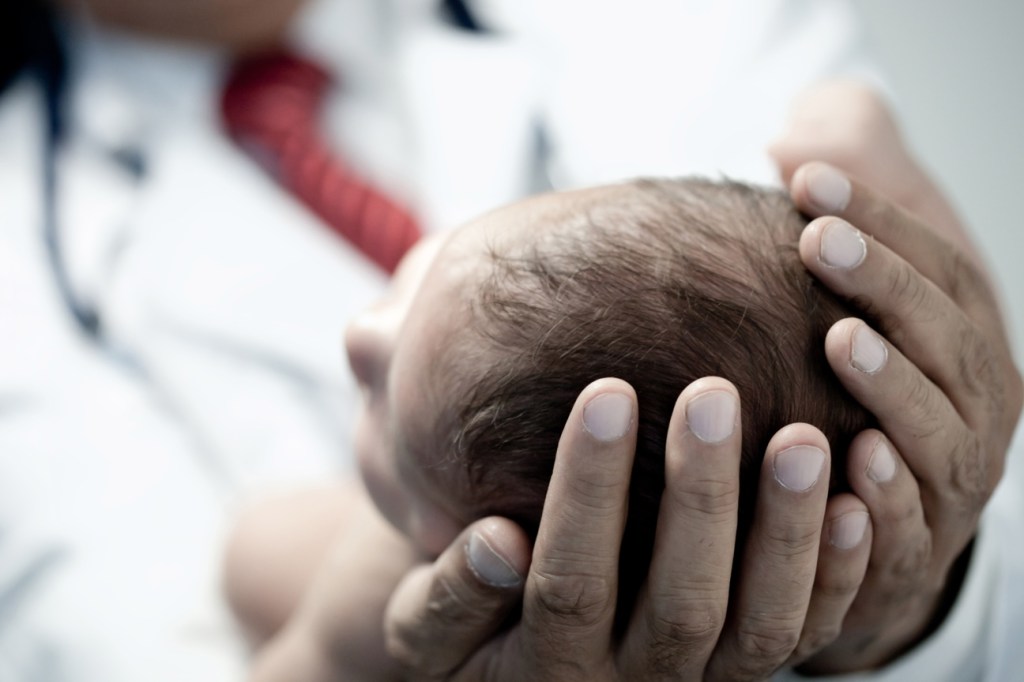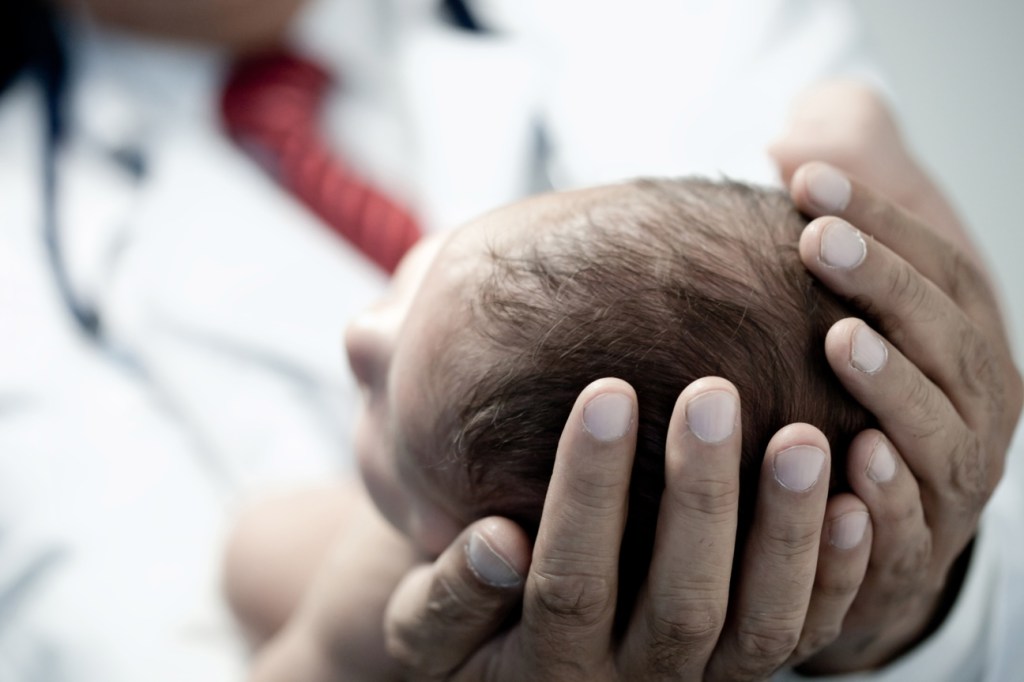The face of opiate addiction in Maine has long been an adult one – a woman who rifles through her grandmother’s medicine cabinet, or a man who holds up a pharmacy. This is changing, though, and not for the better.
More Maine babies than ever are being born affected by or dependent on drugs – the number is on track to reach a record 800 by the end of 2013. Gov. LePage, who focused on the issue in a recent radio address, says the statistics are frightening, and we agree.
But any efforts to address the problem will be undercut by a recent two-year state cap on Medicaid coverage of addiction treatment. This policy fails to recognize the severity of a statewide public health epidemic, and as long as it’s in place, the health of both addicted women and their children will be at risk.
Maine is one of the hubs of prescription-painkiller abuse in the United States, so it’s no surprise that high adult opiate addiction rates have led to an increase in drug-dependent newborns. More than 160 Maine newborns were affected by drugs in 2005, the first year the state began collecting the data. In 2012, 779 addicted infants were recorded, and about 770 have been born so far this year.
The impact of withdrawal on infants raises questions about the cost-effectiveness of Maine’s limit on Medicaid coverage for medications used to fight opiate addiction. Compared to other infants, babies born to addicted mothers are smaller, more irritable, less interested in feeding and more prone to seizures and sleep problems. It costs five times as much to care for these babies as it does to care for others, researchers have determined; drug-dependent newborns spend an average of 16 days in the hospital, compared to three for other babies. As well, some studies have found that babies affected by drugs grow up with a higher risk of developmental problems.
It’s important to note that a pregnant woman’s use of methadone and buprenorphine (the drugs affected by the Medicaid cap) also can cause babies to experience withdrawal symptoms.
But legitimately prescribed and managed by a physician, experts say, the anti-addiction medications can prevent much more serious consequences, such as premature labor and the death of the fetus, as well as allowing the fetus to reach a healthy birth weight.
Addiction is not a character defect; it is a disease. Limiting access to medical treatment for people addicted to drugs makes no more sense than limiting access to insulin for people with diabetes. And when the addicted patient is pregnant, the needless restrictions have consequences that play out over at least two generations. There is no place for these limits in an effective, humane addiction treatment strategy, and it’s time for the state to recognize this.
Send questions/comments to the editors.




Success. Please wait for the page to reload. If the page does not reload within 5 seconds, please refresh the page.
Enter your email and password to access comments.
Hi, to comment on stories you must . This profile is in addition to your subscription and website login.
Already have a commenting profile? .
Invalid username/password.
Please check your email to confirm and complete your registration.
Only subscribers are eligible to post comments. Please subscribe or login first for digital access. Here’s why.
Use the form below to reset your password. When you've submitted your account email, we will send an email with a reset code.